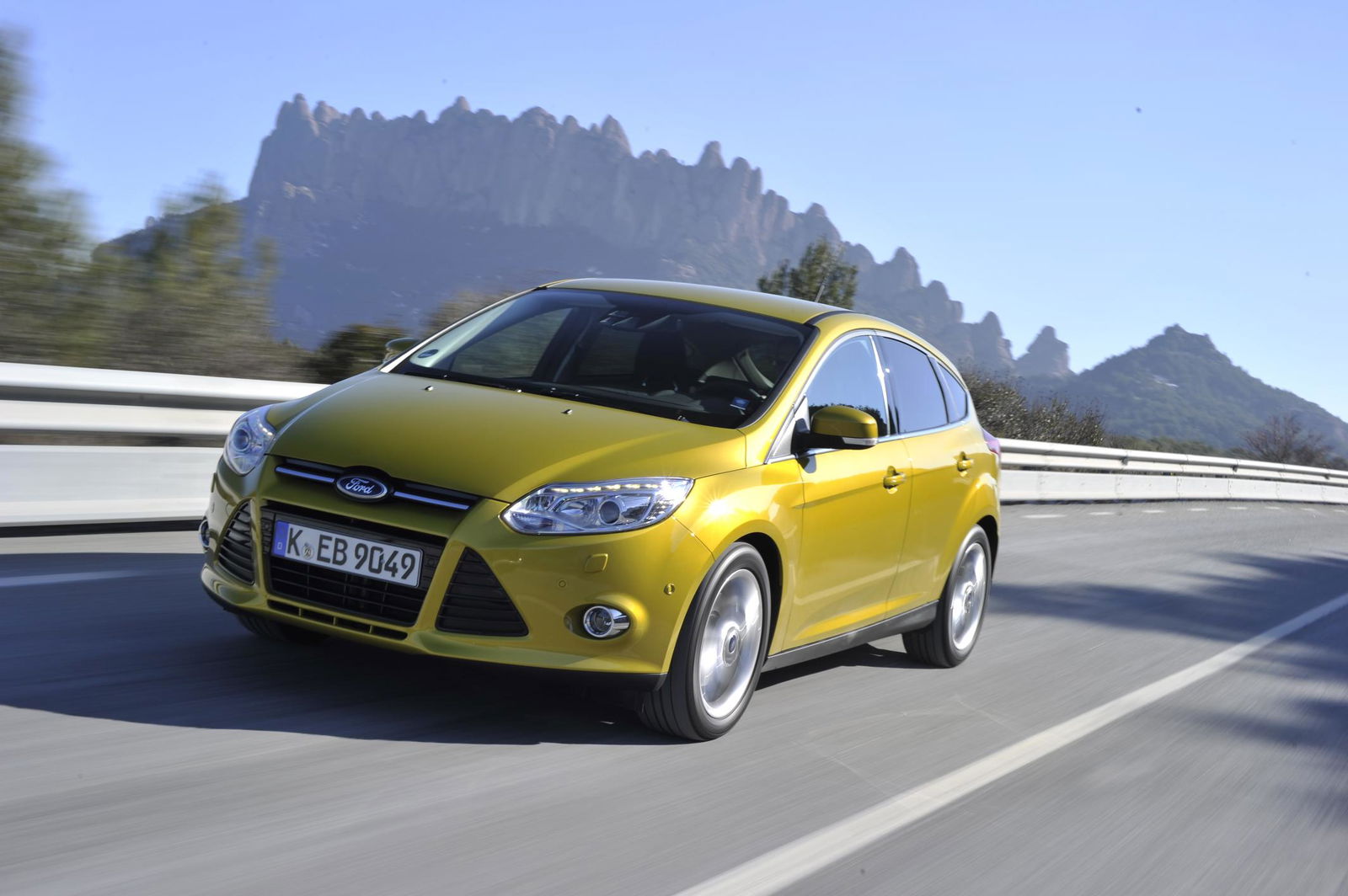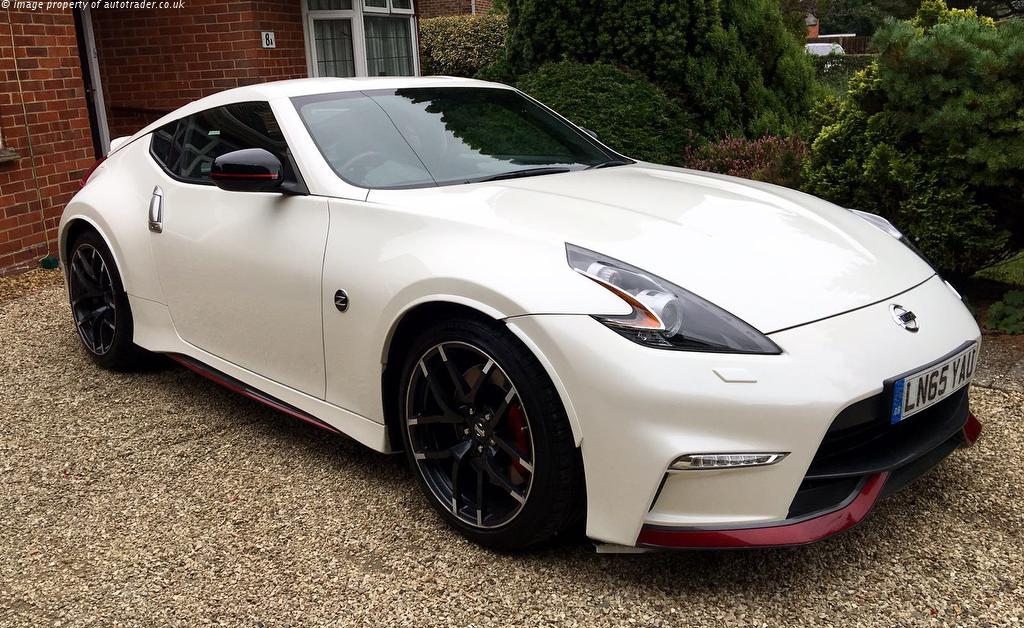Downsizing Is Ending, But It's Not All Good News

Downsizing is set to stop, and engines could even start to increase in size again – because, bizarrely, that’s the only way to pass future emissions tests.
Oh, the irony. But don’t get too excited, because it’s likely that electrification will take a much bigger role instead of cranking up the cylinder count. Sadly, we’re still unlikely to see too many more V12s.
Reducing cubic capacity and making up the difference with turbocharging, a technique some manufacturers have only just gotten to grips, has already been exposed as a false economy, said experts at the recent Paris Motor Show.

We’ve all known it for ages, especially those of us tasked with driving the latest metal and seeing nothing but a downward trend in real-world miles-per-gallon, but this is the first time manufacturers have started to admit it themselves.
The EU’s NEDC efficiency test cycle has been quietly acknowledged as a disaster, having forced car makers to adopt techniques to score well on the test rather than on real roads. Renault’s 0.9-litre TCe petrol engine, for example, has to inject additional fuel into the cylinders to prevent overheating when it’s being used on faster roads, giving it the thirst of an alcoholic on St Patrick’s Day.
Manufacturers will need to turn to hybrid and electric car solutions to keep lowering their fleet average emissions in the wake of the forthcoming, ‘more representative’ emissions tests. That’s likely to mean more hybrid sports cars in the vein of the Porsche 918 Spyder, and fewer like the Ferrari F12tdf. We’re not really sure whether that’s good or bad news, so ask us again in 10 years.

The Reuters news agency quoted Alain Raposo, head of powertrain at the Renault-Nissan Alliance, as saying: “The techniques we’ve used to reduce engine capacities will no longer allow us to meet emissions standards. We’re reaching the limits of downsizing.”
VW is set to swap its 1.4-litre three-pot diesel for a 1.6-litre four, while Renault is going to replace its barely three-year-old 1.6-litre diesel with something closer to 1.8 litres.
Almost no one is willing to comment on specific engine plans, possibly because no one actually knows how they’re going to dig themselves out of this hole yet. The most frustrating thing for most manufacturers is that these fresh problems are the fault of European politicians, not their own miscalculations.
Mazda, whose ‘right-sizing’ policy sees it still producing a 2.2-litre diesel, is probably having a laugh at its rivals right about now. As must Toyota be, with a full range of hybrid models already on its dealer forecourts.
Source: Reuters


Comments
Can someone tell me why ppl like big engines so much?
finally 2 and 1.8 liters N/As in the small segment!
Then why do brands like mclaren use that 3.8 twin turbo v8 for their cars
Even ferrari is using a 3.9 twin turbo v8 right?
So is that good or bad?
What Not to like about a bigger Hybrid Engine? It has the responsivenes of a N/A and the torque of a Turbo…
Stop complaining about everything that’s “new”…It’s called progress
You know, the Prius started as a 1.5l and quickly went to a 1.8l because it was more efficient.
#trendsetter
I knew when the EU changed its emissions testing strategy to be closer to the American test (I think it comes in next year?) we would suddenly see smaller units die off. Said tests will focus on toxic emissions, too, rather than just CO2 - hopefully that kicks a lot of Diesels out of the market-place (because my V8 looks like a little eco-warrior next to a 4-pot diesel engine).
Reducing the engine size but wanting more power was always going to lead to poorer fuel economy.
I mean hell - to use my Mustang as an example; if I don’t get stuck in traffic I can easily get 25mpg out of the thing without even trying. Meanwhile a high output 4-pot, like an A45 or Golf-R, gets about the same in a far lighter car with less power.
Older turbos with a bucket load of Lag got decent fuel economy because, well, for the lower part of the rev range when the turbo wasn’t spinning, it just acted like a normal small engine sipping fuel. But now we have BMW sticking four turbos on their new Diesel kicking peak torque in at only 1000rpm. I can only imagine how difficult it’ll be to get good economy out of that engine.
Meh,
Am I the only one hoping vw will bring back the 2.5 tdi 5 cylinder
1999 audi a4 1.9 tdi and i average 40 mpg, more on motorway, so f**k downsizing… Sorry, enjoy your day :)
Aww, but I just finished my new twin turbo V6 guysss :(
Pagination